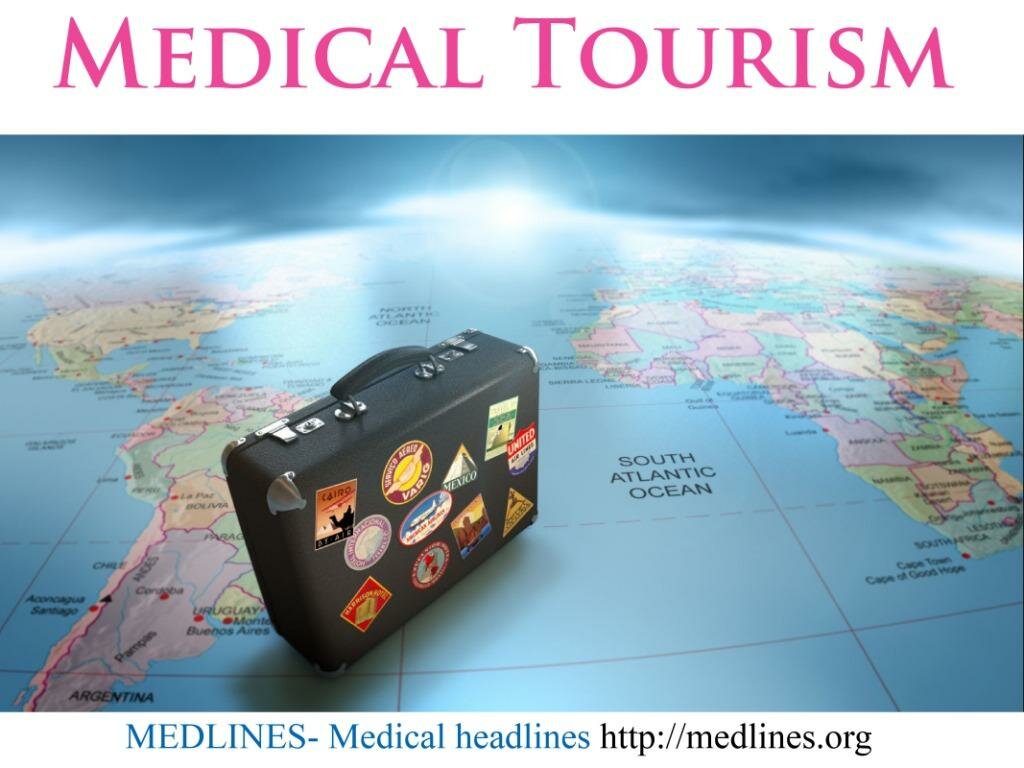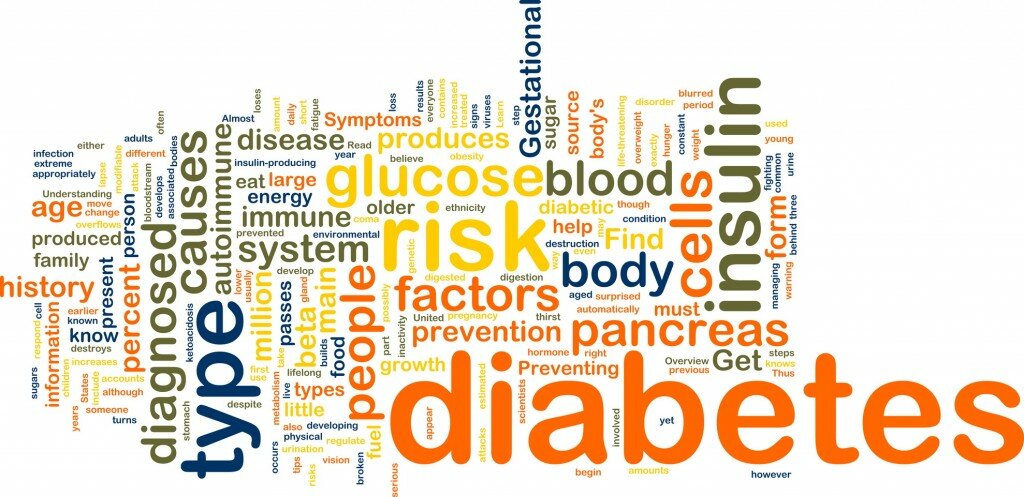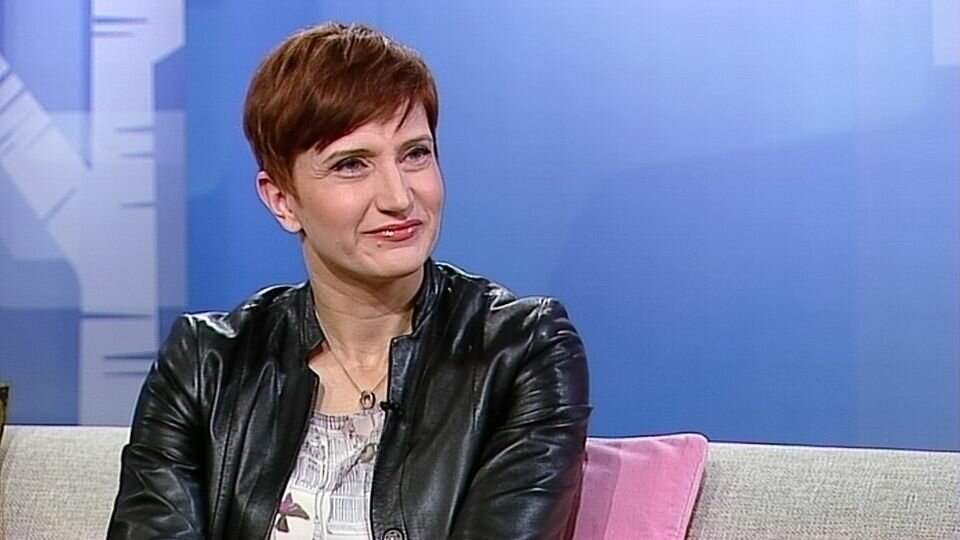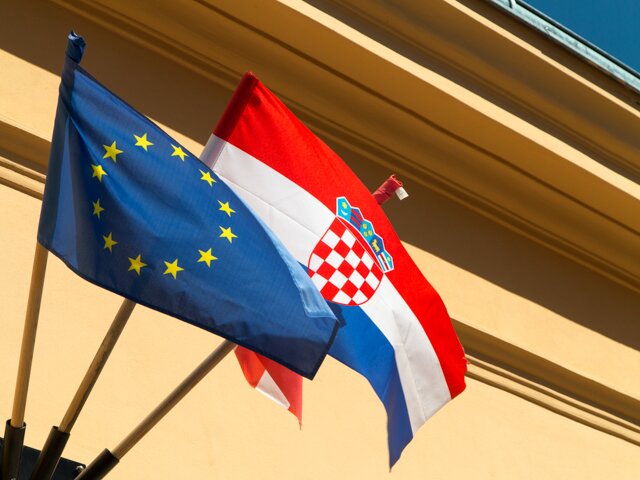Dubious Middlemen and Greedy Doctors: Inside Germany’s Medical Tourism Business
German hospitals are earning a billion euros a year with foreign patients. Sarkis Sargsyan is one, and like so many others, the Russian cancer patient fell into the clutches of a questionable middleman and greedy doctors.
The metastases are scattered around his body like pieces of shrapnel. The German doctors have shown them to him on shaded computer images, which reveal lighter formations in his liver, lungs and brain.
It’s a Friday in July 2013. Sarkis Sargsyan, a 46-year-old Russian citizen, is lying on a treatment table in the Klinikum rechts der Isar, a university hospital in Munich. A sign on the door reads “Linear Accelerator III.” A mask made of hard blue plastic encloses his hairless skull and face. Two women in white gowns are adjusting Sargsyan’s head so that the intersecting red laser beams from the irradiation unit line up precisely with the markings on the mask.
Sargsyan, wearing a black tracksuit, is lying peacefully on the table. His hands are folded across his stomach, his eyes closed. The women turn on the machine, which begins to emit a low humming noise. The radiation is now being targeted at the enemy inside his head.
The story of Sarkis Sargsyan is one of adversity, despair and hope. It’s also a tale of allegedly false promises, lavish profits and a brutal lack of scruples. It began in September 2012, when Sargsyan discovered blood in his stool. He went to a hospital in Moscow, where a colonoscopy was performed. “You have a tumor in your intestine, and it doesn’t look good,” the doctor reportedly said, looking serious. “If you have money,” he added, “you should go to Germany. They’ll help you there.”
The doctor’s words reassured Sargsyan because they sounded like an insurance policy. His family owns a small hotel and restaurant in Moscow, and he was convinced he could afford the treatment.
‘Treatment in Germany’
He researched German clinics and doctors online with the help of his wife, Nelly, 38, and his brother Derenik, 49.
If you type the words “treatment in Germany” into a search engine on the Russian-language Internet, you get some 3 million hits, including the websites of those who have identified a potential market in people like Sargsyan. An army of “patient facilitators” appears on the screen, offering services to patients that include overcoming language barriers, procuring visas, scheduling flights and, most importantly, setting up appointments at top hospitals and clinics. “You have to be careful with them,” the doctor in Moscow had warned Sargsyan.
An acquaintance suggested to Sargsyan that he try IMZ GmbH, a Munich-based agency. IMZ stands for Innovation Medizin Zentrum (Innovation Medicine Center), which sounds impressive enough. When Sargsyan’s brother Derenik called IMZ, he described the suspected cancer diagnosis to a doctor named Arsen B., who had attended medical school in Armenia, where the Sargsyans were born. “Come to Munich,” the doctor allegedly said. “Then your brother’s illness will soon be nothing but a memory.”
A few days later, Sarkis, Nelly and Derenik boarded a flight to Munich. But they had no idea how long the trip would last — and that they were about to begin the worst period of their life.
A Global Market Worth Billions
Even medicine has now succumbed to globalization. Like the Sargsyans, hundreds of thousands of people receive treatment in a foreign country every year. This medical tourism earns German hospitals and doctors roughly €1 billion ($1.35 billion) in annual revenues. In 2011, 82,854 foreign patients were treated in Germany on an inpatient basis and about 123,000 on an outpatient basis. Russians make up the largest group of non-European Union patients in Germany, with about 6,000 receiving inpatient treatment each year. Their share of the total foreign patient population has increased six-fold since 2003. “And the interest keeps growing and growing,” says Vladimir Pyatin, Russia’s deputy consul general in Bonn, the western city that was once Germany’s capital.
Receiving medical treatment in Germany has always been seen as a privilege in Russia. Famed novelist Fyodor Dostoyevsky went to the spa in Baden-Baden, writer Nikolai Gogol searched for a cure for his melancholy in the Baltic seaside resort of Travemünde, former President Boris Yeltsin, who had had five bypass surgeries, had regular checkups at the German Heart Institute in Berlin, and former first lady Raisa Gorbachev was treated for leukemia at the Münster University Hospital.
The reasons for the current boom are simple: The state health care system in Russia has been bled dry. The number of hospitals has declined by almost half since 2000. Many underpaid doctors have left the country. There is a shortage of equipment, and hygiene in hospitals is disastrous. Only 35 percent of Russians are satisfied with medical care in their country.
In comparison, Germany looks like a paradise, with well-trained doctors working with state-of-the-art technology in spotless hospital wards. German hospitals also cater to Russian patients, who, as self-payers, present a lucrative source of income.
This seemingly presents a win-win situation. And that’s what it would be if weren’t for several factors: the brokers who shamelessly exploit their customers, padding their invoices, urging them to have unnecessary tests done and, in the worst case, sending them home after they have received subpar treatment; the hospitals that turn a blind eye to all of this merely to make a profit; and the politicians who are aware of the legal gray area in which medical tourism lies, yet behave as if they were blind, deaf and dumb.
A Knight in Shining Armor
Sargsyan, his wife and brother landed in Munich on Sept. 16, 2012. They had already paid €3,500 to the IMZ agency as an advance for the treatment and visas, the Sargsyans say.
According to their account, soon after their arrival, they went to the IMZ broker’s office at the Sheraton München Arabellapark Hotel.
There, they allege they were greeted by a man in a suit, Arsen B., whose business card listed an exotic combination of titles: “Prof. Dr. med. Dr. h. c. med., neurosurgeon – orthopedics, Director – Senior Physician.” B. allegedly promised to make the necessary arrangements for Sargsyan with a network of private clinics and doctors’ offices. The family felt like they had met their knight in shining armor.
However, IMZ disputes this account, saying that Arsen B. was abroad on this date and that it does not have an office at this location.
Sargsyan is sitting in a furnished, two-room apartment in northern Munich as he describes his first few days in Germany. He has just returned from radiation treatment, and the blue mask is lying in his lap.
He was a karate fighter and strong as lightning, says his wife, Nelly, a petite, friendly woman. The couple has been married for 21 years. Nelly’s description of her husband is a far cry from the person sitting on the sofa. He has dark bags under his eyes, and he looks depressed and exhausted. It’s hard to imagine that this man has ever laughed.
Sargsyan talks about how the first appointment took him to the Arabella Clinic, where another colonoscopy was performed. The diagnosis described “a coarse tumor that is not passable.” A tissue sample revealed that the tumor was malignant. Doctors also found metastases in Sargsyan’s liver and lungs. An interpreter with the agency translated for the patient. “The news was bad,” says Sargsyan, “but I trusted the doctors.” He also trusted Arsen B., who seemed to have a plan for everything.
To prevent intestinal obstruction, Sargsyan was given a colostomy. Local doctors performed the first cycle of chemotherapy, followed by radiation therapy. The brother handled financial matters, paying €10,000 to the IMZ office for the initial treatment. Because he paid with a credit card, he was also charged a 5 percent surcharge. “Thank you for your confidence,” the customer receipts read.
According to the initial estimate, the €10,000 was supposed to cover the chemo and radiation therapy. But soon the brother was asked to pay another €20,000 because the doctors had supposedly forgotten to include the medications in their first bill. No payment, no treatment, Arsen B. reportedly told the brother. That is how Derenik Sargsyan tells the story. However, Arsen B. claims that the additional payment became due because the treatment turned out to be much more complex and costly than originally predicted.
“From the very beginning, patients are told that, generally speaking, the actual doctors’ costs are higher than the preliminary cost estimate,” Arsen B. says.
During a break in treatment at the beginning of the year, the family returned home to Moscow. After two weeks, Sargsyan suddenly collapsed at home. He was making strange sounds and garbling his words. “Gasoline, I need gasoline,” he said, pointing to a water glass.
Doctors in Moscow suspected that there were metastases in his head. His brother Derenik called the IMZ agency in Germany and was told to “come back immediately.”
The agency has had a Facebook page since December 2011. The name IMZ is a clever choice because, when it’s entered into a search engine, one of the first hits is the home page of the Isar Medizin Zentrum, a well-known private clinic in Munich. The logos of the two organizations — three curved, parallel arches — are also strikingly similar. But the agency and the clinic are completely unrelated, and a lawsuit is in the works. The clinic feels that its trademark has been “massively infringed upon.”
On the Russian website, the agency advertised until recently its services with flowery slogans, such as: “Life goes on, and we make sure that illnesses don’t prevent you from enjoying it to its fullest” and “You will still be able to enjoy the world in all of its colors.”
An Unregulated Business
The public prosecutor’s office in Munich has investigated Arsen B. for suspected fraud several times. In 2011, he was accused of having scammed consulting fees of about €25,000 for the treatment of a 12-year-old Armenian boy with bone cancer. The boy has since died. His father claims that B. had assured him that he would not be charged for his brokering services.
According to prosecutors, Arsen B. argued that it was clear that his fees were to be billed under the Fee Schedule for Non-Medical Practitioners. B. had assessed a fee for over one-third of the days during the treatment period, from June 2010 to January 2011. The proceedings were closed in July of this year, but the family’s attorney has filed a complaint against the decision. B. refuses to comment on the case, citing a non-disclosure obligation.
Taking Advantage of People in Need
There are only rough estimates available on the number of agencies in Germany that provide these facilitation services for foreign patients. “I know of a few hundred,” says Jens Juszczak, a lecturer in health marketing at the Bonn-Rhein-Sieg University of Applied Sciences who is considered Germany’s foremost expert on medical tourism. According to Juszczak, very few of these agencies are genuinely reputable.
Most of the companies are not registered, and many consist of only one person, a mobile phone and a website — often with soft music in the background or images of butterflies fluttering across the screen. One company, Baden-Tour, advertises its ties to 256 partner hospitals on its Russian website, but most of these hospitals are completely unaware of their good fortune.
Some agencies offer organ transplants, even though people who live in Russia are generally not eligible for them in Germany. Others advertise such procedures as gallstone eradication or gallbladder removal, although they refrain from mentioning that gallstones can recur.
Everything from basic care to all-inclusive services can be booked through agencies. The services are bundled into packages. But the websites neglect to detail the costs of treatment and how much the agencies collect as their fee. It is an unscrupulous business that takes advantage of people in need, and one that no one regulates or monitors.
It is also a business in which German hospitals like to offer their services as partners. “Hospitals newly entering this market are often in gold-digger mode,” says expert Juszczak.
The profit-seeking side of the business was on full display in early September, when politicians, doctors and patient brokers convened in lecture halls at the Bonn-Rhein-Sieg University for the largest German conference on medical tourism. The presentations and discussions revolved primarily around Russian patients, or rather Russian self-paying customers who happen to also be patients. The 150 attendees talked about marketing and market shares, customer acquisition, sales revenues and process management.
The medical director and chairman of the board of the University Hospital of Bonn told the audience how difficult it is today to run a hospital in a country where half of them are on the verge of financial ruin. He also noted that the roughly €6 million paid by foreign patients this year was critical to the hospital’s survival.
Padding Budgets through Medical Tourism
Medical tourism was discovered as a revenue source in the late 1990s. For hospital managers, the profits derived from self-paying foreign patients represent one of the few ways to earn income to supplement the payment deals negotiated with health plans. “It enables them to pay for new medical devices, for example, which normally wouldn’t be in the budget,” Juszczak explains.
Public authorities also foster the extra business. The government of the southern state of Bavaria, for example, invested €5 million in a project called “Bavaria – a better state of health.” It targets sick foreigners interested in receiving treatment in Bavaria — the home of Europe’s “Medical Valley,” as the initiators write.
The German government is also involved in attracting foreign patients. The German National Tourist Board (DZT), for example, advertises the country’s health care system in a glossy brochure called “Medical Journeys.” The brochure, with a circulation of 50,000, is published in German, English, Russian and Arabic.
The City of Hamburg’s tourism authority even published a 60-page supplement to the Moskauer Deutsche Zeitung, a German-language newspaper in the Russian capital, in which it advertised the metropolis as an “ideal health care city.” Both the federal government and the German parliament gave their seal of approval to the PR document.
Large hospitals have set up their own “international offices,” which arrange for interpreters, visas and accommodations for foreign patients and their families. Smaller hospitals and private clinics, on the other hand, try to forge ties with agencies, so that they can begin pitching their services to customers when they arrive at the airport.
Flights from Russia and Ukraine land at Terminal 1 in Munich’s airport. A billboard in Hall C advertises, in Cyrillic letters: “Express check 5 hours, cardio check 8 hours, cancer check 2 days.” Twelve hospitals and clinics that cooperate with the Doktor Mjunchen agency are listed under an image of two smiling doctors. They include the Atos private clinic and the St. Marien Children’s Hospital in Landshut.
Lost in the ‘Shark Tank’
Sarkis Sargsyan returned to Munich in February. Arsen B. had sent the family to the Bogenhausen Hospital, says Derenik. They were given a new estimate, which quoted €31,700 for the treatment, a €1,000 administrative fee and a €10,000 risk surcharge, though it is unclear exactly what this entails.
The list of tests included CT scans, MRIs and X-rays. The entire apparatus was started up once again. This time the doctors found a metastasis in the cerebellum and one in the left temporal lobe. The chief physician performed two surgeries on Sargsyan within a week. Shortly after the procedures, he was completely lucid once again. “I kissed the doctor’s hands,” his brother Derenik says quietly. “Sarkis was immediately much better.”
He had 12 stitches above his left ear and 12 stitches on the right side of the back of his head. As he sits in a Munich apartment, which is not his home, he frequently runs his fingers across the scars on his shaved skull. Then he stares blankly into the room.
The next cycle of chemotherapy was administered after the operations. “At that point, someone should have told the patient long ago that he was terminally ill,” says an independent doctor who later met Sargsyan in a different hospital. Another doctor notes: “There is a lot of competition in Munich, and everyone is running after foreign patients. I tried to maneuver the family safely through this shark tank, but unfortunately I wasn’t always successful.”
Arsen B. clearly didn’t want to lose his customers. According to the Sargsyan family, the broker continued to hold out hope of improvement, and he also advised the family to have the intestinal tumor removed surgically. Arsen B. denies this and claims that the decision for the removal was taken after intense consultation with a number of specialized physicians.
The calamity continued in a sleek new clinic on the banks of the Isar River. Arsen B. had scheduled surgery for Sargsyan at the Dr. Rinecker Surgical Clinic. The agency estimated the costs at €34,292.
Read the rest of the article: ttp://www.spiegel.de/international/germany/german-health-care-system-cashes-in-on-foreign-patients-a-933517.html
Pin It























